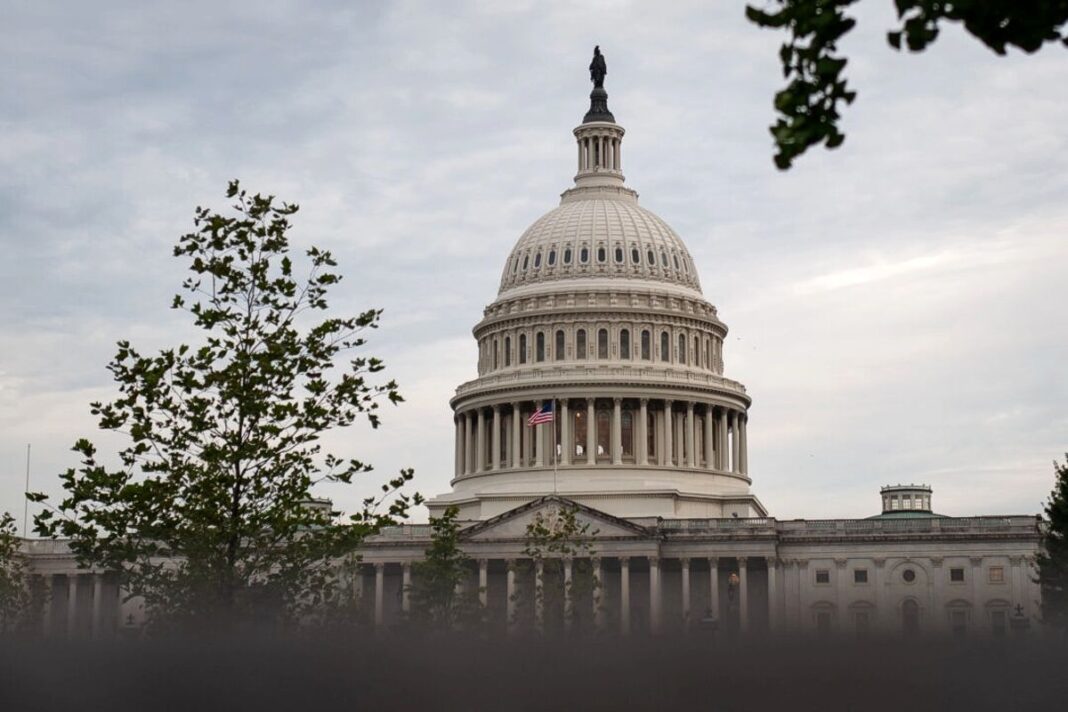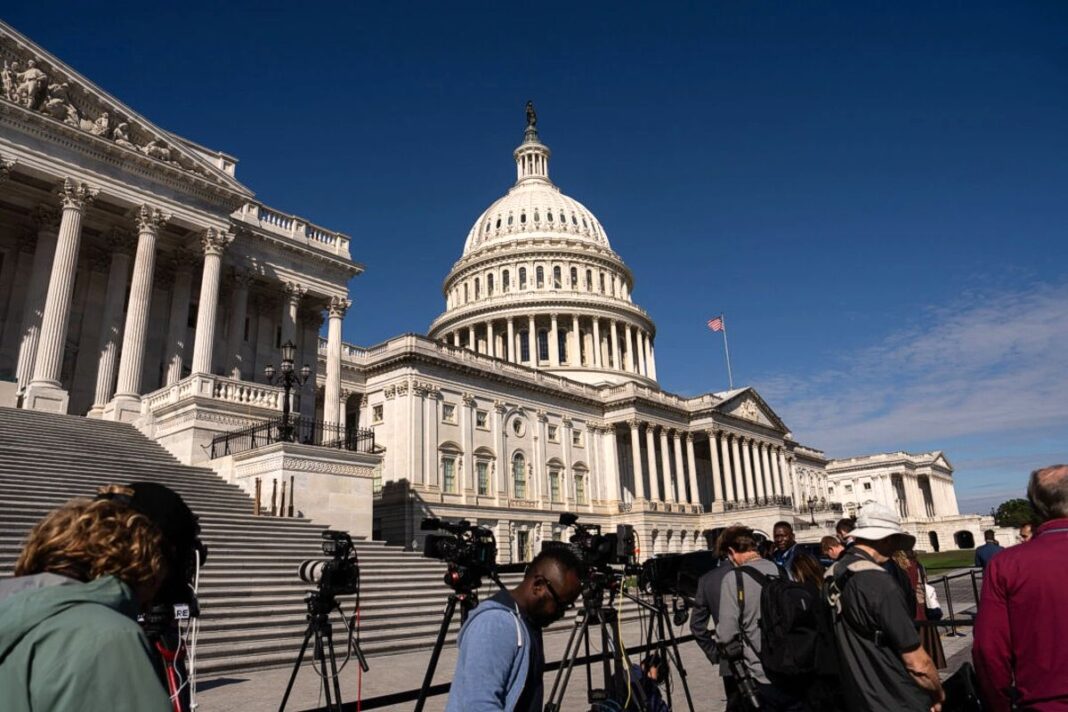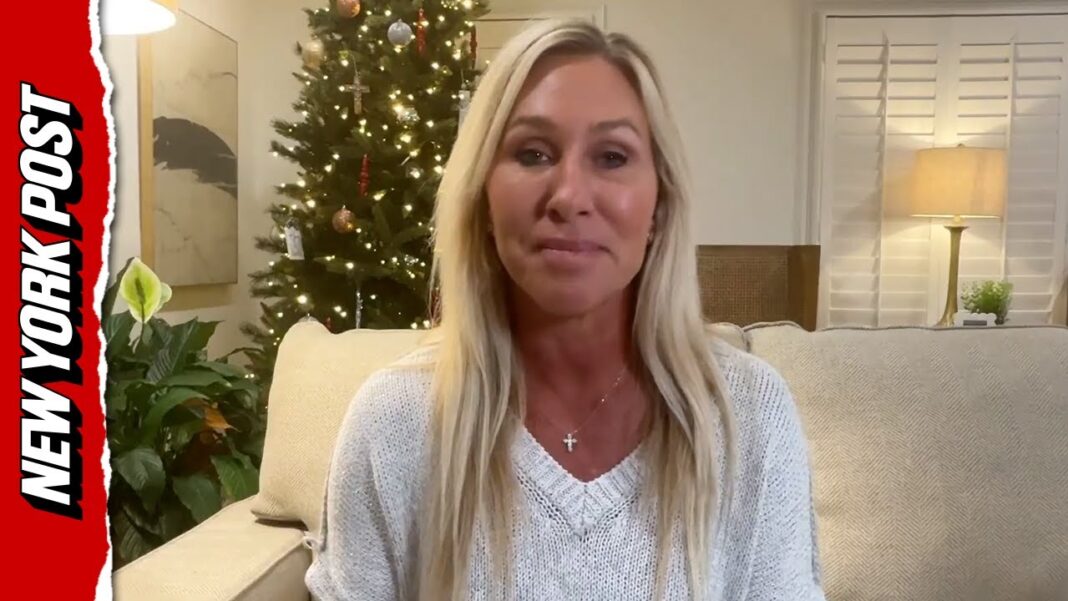After more than 40 days, Congress passed legislation to end the longest government shutdown in US history.
WASHINGTON—After more than 40 days, Congress has passed legislation to end the government shutdown.
The bill funds the government through Jan. 30, 2026.
It also includes three full-year appropriations bills to fund the Department of Veterans Affairs, the FDA, and the Department of Agriculture (USDA) through Sept. 30, 2026.
The USDA funding ensures services to the Supplemental Nutrition Assistance Program and the Special Supplemental Nutrition Program for Women, Infants, and Children through Sept. 30, 2026.
The legislation also reverses cuts made to the federal workforce during the government shutdown, and says those employees will get back pay.
Here is what is next for Congress after reopening the government.
| Spending Bills |
| Senate Vote on Extending Obamacare Subsidies |
| Banning Stock Trading by Lawmakers |
| Vote on Releasing Epstein Files |
Spending Bills
With only until the end of January to fund the government long-term, appropriators will have to come up with legislation to fund the agencies that did not get full-year appropriations.
House Speaker Mike Johnson (R-La.) said the point of the short-term spending bill, also known as a continuing resolution, was to give appropriators time to put forth bills to fund the government through the end of the fiscal year, which is Sept. 30.
“We have been trying to force the government appropriations process back to what we call regular order, you know, the way it’s supposed to work,” Johnson previously told CNBC.
“We’re moving forward productively, but the concern is that we’ve run out of clock to finish that process,” he said. “We need a short term, very clean continuing resolution to keep the government open so our appropriators can continue to do their work.”
Congress passed three of the 12 appropriations bills in the Senate deal ending the shutdown.
Since Republicans took over Congress in January, Congress has been operating on continuing resolutions to fund the government at Biden-era levels. The GOP is looking to change that and decrease spending.
Senate Vote on Extending Obamacare Subsidies
The deal guarantees a vote in the second week of December on extending subsidies under the Affordable Care Act, a demand made by Democrats that was the point of contention that kept the government unfunded. The subsidies expire on Dec. 31.
This vote is likely to fail as Republicans are unlikely to help Democrats reach the 60-vote threshold to overcome the filibuster.
Johnson has not guaranteed a vote in the House on the subsidies were such legislation to pass the Senate.
Appearing on MSNBC, Sen. Tim Kaine (D-Va.) said that Republicans were not going to cave on the subsidies.
“Now, we get to have the fight in the full view of the American public, just this issue, Dems v. Rs,” he said. “We’re going to put a proposal on the table that we‘ll write that will be maximally designed to help Americans and they’ll be attractive to the Rs who are telling us, ‘We know we got to fix this.’”
Sen. Angus King (I-Maine), who caucuses with the Democrats and voted alongside Kaine to open the government, said on MSNBC that Democrats secured a guaranteed vote on the subsidies.








